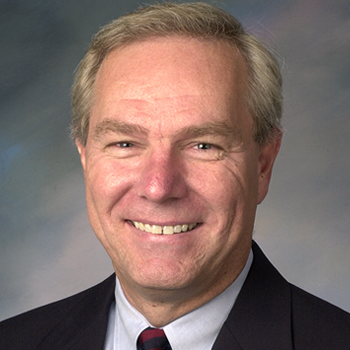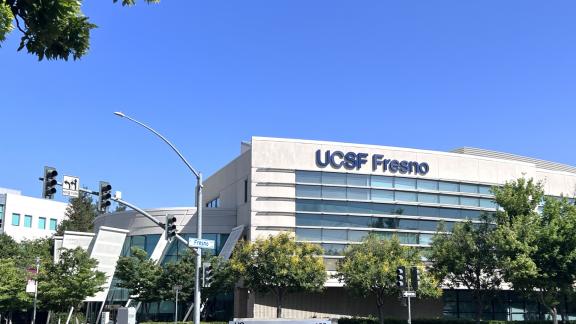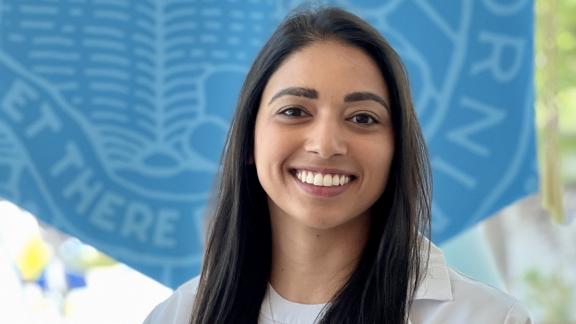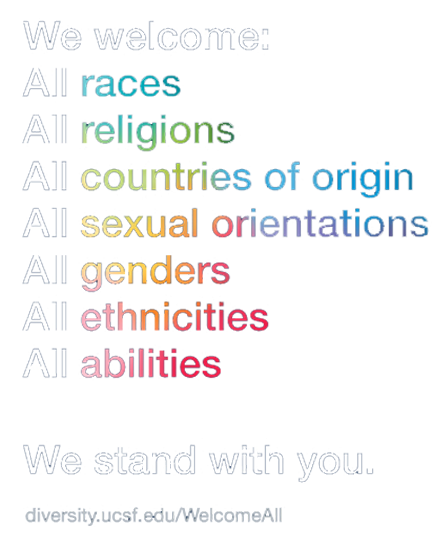Curriculum
Internship
The main focus of training the internship half-year is to consolidate one’s abilities, skills and identity as a physician. Residents spend six months on the Internal Medicine and Neurology Services at the VA and Community Regional Medical Center (CRMC), including a dedicated rotation in Emergency Medicine. The medical and neurological expertise gained during the internship forms the foundation on which to build expanding psychiatric skills and knowledge.
Hospital Psychiatry Year
During this twelve-month period, residents spend six months in inpatient psychiatry settings developing skills in the evaluation and treatment of acutely ill psychiatric and substance abusing patients. Training goals during these months include mastering interviewing and diagnostic skills, becoming familiar with all the major psychopathological diagnoses and obtaining a firm grounding in psychopharmacologic treatment skills. Clinical experiences include rotations through the inpatient wards of Community Behavioral Heath Center and the VA Medical Center. The Hospital Psychiatry Year also includes two months in a dedicated rotation in Emergency Psychiatry at the VA Medical Center, during which residents learn psychiatric crisis evaluation and treatment in a general hospital setting. The remaining four months of the Hospital Psychiatry Year are spent on the Consultation-Liaison Service at Community Regional Medical Center, where residents develop expertise in the comprehensive, biopsychosocial evaluation and treatment of patients in a general medical hospital setting. During this rotation great emphasis is placed on the relationship and interaction between the psychiatrist and his/her medical colleagues. Residents are helped to develop an identity as medical specialists who have something unique to contribute to the care of patients in a general hospital setting.
The Introductory Outpatient Year
Moving on to exclusively outpatient settings, residents begin a two year rotation in the University Psychiatry Associates (UPA), the residency’s program CRMC-based outpatient training clinic. This clinic is a purely educational training venue wherein residents treat a diverse patient population and begin to develop their brief and long-term psychotherapy skills. During this introductory outpatient year, residents divide their time between UPA and the Mental Health Clinic at the VA where they will rotate through dedicated Geriatric and Substance Abuse outpatient programs. Experience in group therapy is also a major psychotherapeutic focus at the VA.
The Advanced Outpatient Year
During this second full year of outpatient training residents continue to refine their outpatient management and psychotherapeutic skills. As patient care in UPA continues, the care of children and adolescents is emphasized. Residents now divide their time between UPA, and the Fresno County Department of Behavioral Health. While working in one of the regional clinics of Fresno County’s full-spectrum multidisciplinary community mental health system, residents will treat a wide array of patients with major mental illness. The uniquely multi-ethnic population of Fresno County creates an emphasis on cross-cultural psychiatry during this rotation.
The Elective Block
The final six months of the residency program is reserved for elective rotations that allow residents to create an individualized curriculum and gain additional experience in the areas of their choosing. Some options include: an intensive primary care liaison experience, an administrative experience, and additional experiences in inpatient, emergency, geriatric, child/adolescent, forensic, correctional, and private practice psychiatry.
Didactic Curriculum
Each year has a dedicated, scheduled didactic curriculum that covers the field of general psychiatry. The didactic curriculum includes lectures, small group seminars, journal clubs and audio-visual presentations. We emphasize active learning in small group discussions and seminars.
In general, our program has three core curricula in each year – one that emphasizes biological psychiatry and psychopharmacology, another that emphasizes psychodynamics and psychotherapy and the third focusing on subspecialty and other special topics. Our program provides weekly didactic courses and seminars in each year of training.
The Hospital Psychiatry Year
- Psychopathology
- Psychopharmacology
- ECT
- Interviewing Course
- Consultation-Liaison/Hospital Psychiatry
- Introduction to Psychiatric Research, Evidence-Based Medicine, & QI
- Substance Abuse
- Introduction to Forensic Psychiatry
The Introductory Outpatient Year
- Geriatric Psychiatry
- Biopsychiatry & Behavioral Neurology
- Human Development and Family Systems
- Advanced Psychodynamics
- Introduction to Psychotherapy
- Psychotherapy Techniques (Cognitive-Behavioral, Interpersonal, Dialectical-Behavioral, Marital, Family, Group, Sex)
The Advanced Outpatient Year
- Child/Adolescent Psychiatry
- Community Psychiatry
- Cultural Psychiatry
- Religion and Psychiatry
- Ethics
- Sexual Dysfunction and Paraphilias
- Treatment of Psychiatric Disorders
- Advanced Outpatient Supervision Group






